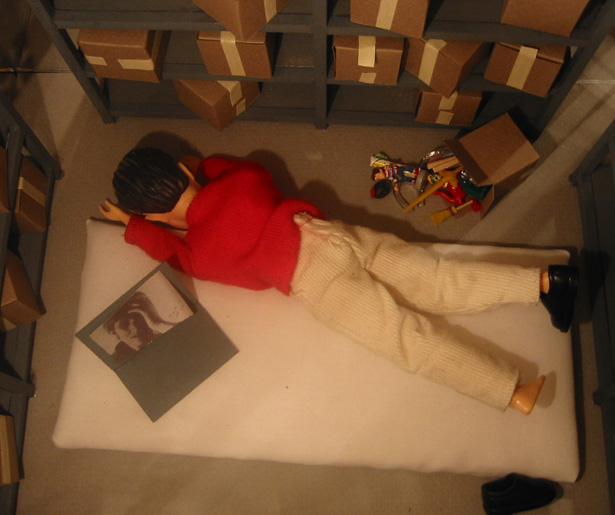Ether 15 Wild Signs



Where Guild House was a home for the elderly, One Wilshire is the home in which we dwell telematically. Just as the elderly watched television in Guild House as a way of checking out of the weariness of life, we check into the global space of telecommunications in order to escape the dead world of objects. In both cases, however, the desire is to leave behind this world of material goods for something more pure, and to escape our responsibility to them by submitting to something greater.
Real objects are quickly known and classified. They give themselves up too easily. Like potential lovers, once they are purchased, objects become dead to our desires, lifeless pieces of junk. The telecommunicational realm promises that the spirit can finally part from flesh and exist fully in a world of electronic images. These images are seductive because, circulating endlessly in an ethereal world, they cannot be possessed. We can fantasize about having such images to no end without ever feeling the disappointing responsibility of ownership.
Before late capitalism, objects had meaning because they were necessary but scarce. In our affluent society, however, objects are overabundant, becoming merely components within a system of exchange without any clear use-value to determine their price. The very basis of late capitalism presupposes the delinking of currencies from the gold standard or any other guarantor of value. Today money proliferates wildly even as it means nothing.
There is no longer a clear logic to the system of capital. The dot.com boom, beanie babies, and vastly inflated real estate values are all based on mass delusion. Value itself does not come out of any deeper truth but is constructed by temporary notions and mass delusions. This is a defensive measure for capital, so that massive run-ups in markets and unprecedented collapses can occur without any real consequence to the larger economy.